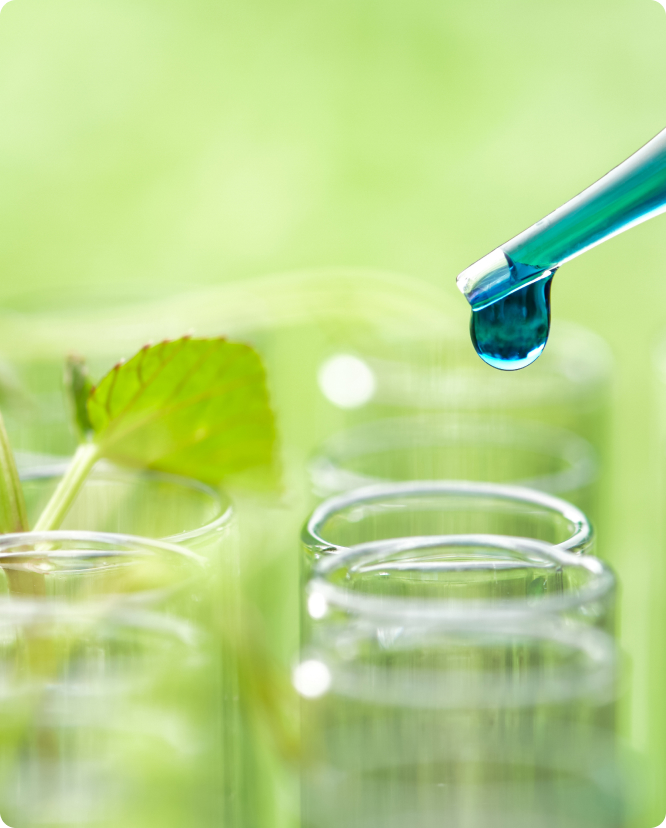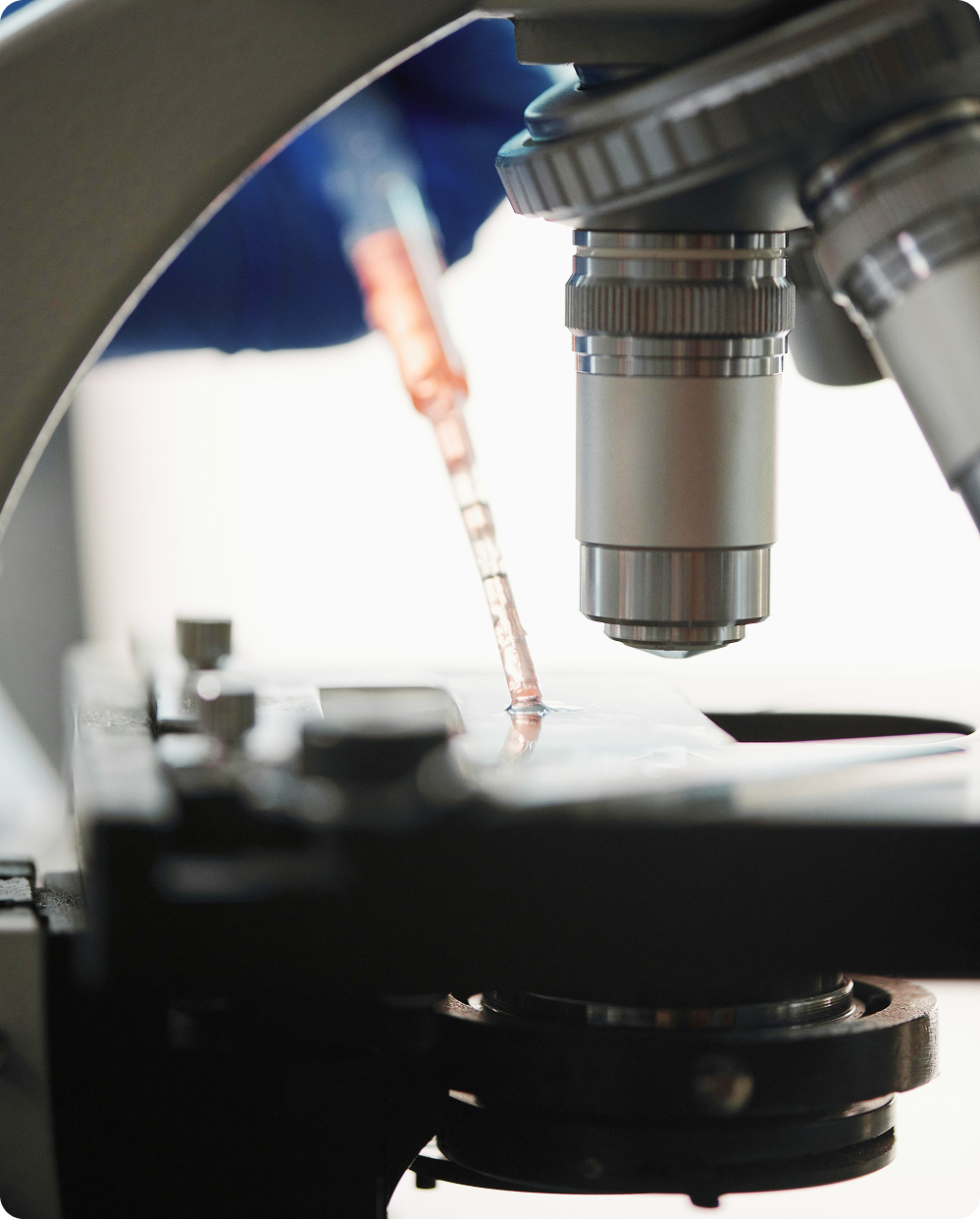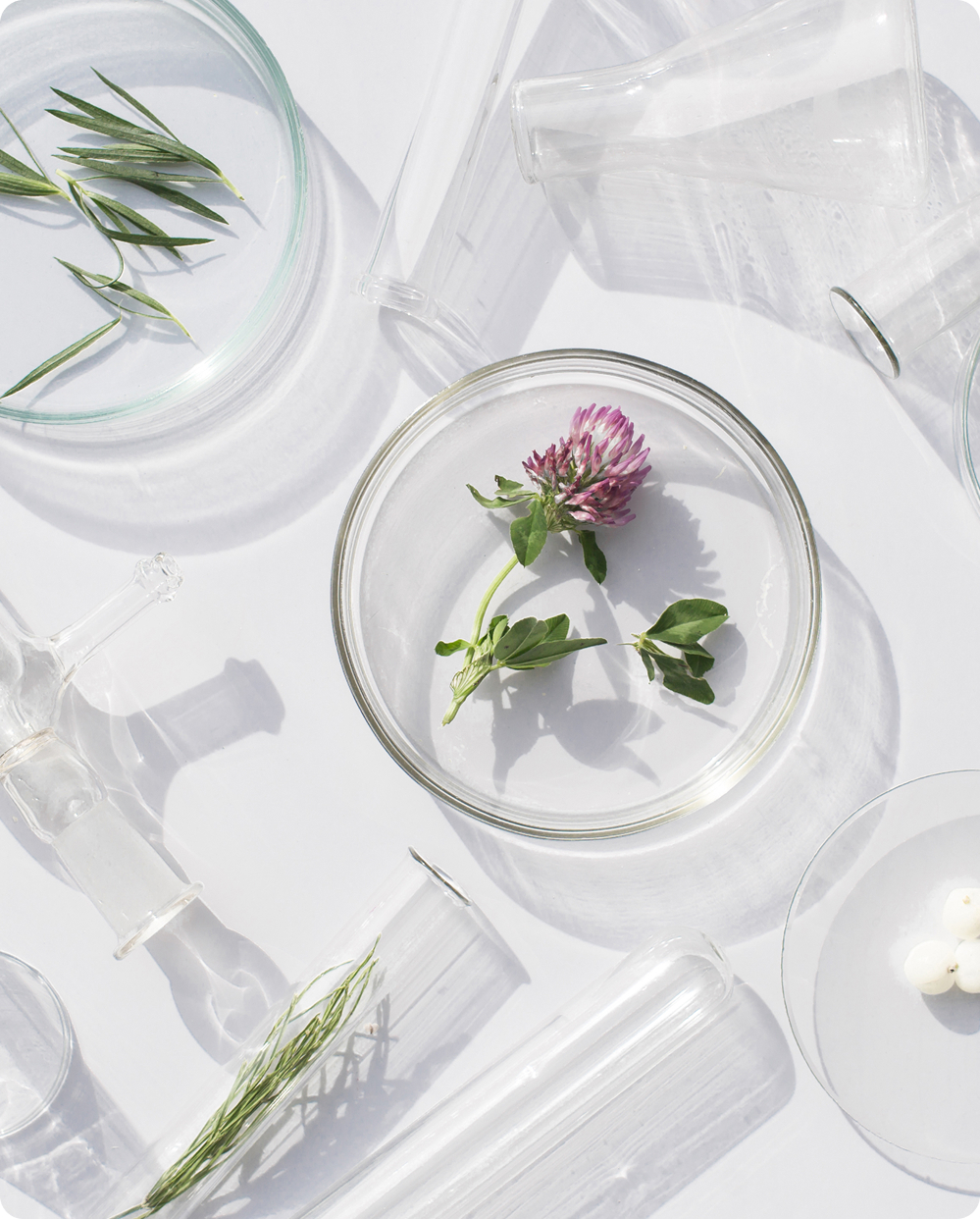Can what you eat actually affect how naturally lubricated you feel?
If you're looking for foods that might help with vaginal dryness, you want to support your body's natural moisture production. While no food can directly "make you wetter" right away, new research suggests that certain nutrients may help your body's natural lubrication processes over time.
Your body's ability to produce vaginal lubrication depends on several systems working together, including blood flow, hormone balance, and tissue health. Research shows that foods rich in specific compounds may help these systems work better [1].
Why Your Body Makes Natural Lubrication
Your vagina creates moisture through a process where blood vessels near your vaginal tissues release fluid that moves through the tissue walls. Think of it like moisture seeping through a sponge.
This process depends on healthy blood flow to your pelvic area. Key factors include good blood pressure, low inflammation levels, and enough nitric oxide that helps blood vessels open up [1].
Hormones also play a big role. Estrogen levels affect how thick your vaginal tissue is and how much moisture it produces. While foods can't replace hormone therapy when you need it, certain nutrients may help support your body's natural hormone production and tissue health.
1. Apples
A study in a respected medical journal found that eating an apple every day was linked to better overall sexual function in women [1]. This study looked at general sexual health rather than lubrication specifically, but the ways apples help your body may indirectly support natural moisture production.
Apples are rich in plant compounds that may help reduce inflammation and support healthy blood vessel function [1]. These compounds may help your body make more nitric oxide, which helps blood vessels open up for better blood flow.
2. Fatty Fish
Salmon, mackerel, and other fatty fish provide omega-3 fatty acids that research suggests may help improve sexual function [2]. A clinical study with women showed that taking omega-3 supplements improved overall sexual function scores within 4-8 weeks [2].
Here's how omega-3s might help: they can reduce inflammation throughout your whole body, including in your reproductive tissues. These healthy fats also help support the delicate tissue lining [3].
3. Soy Foods
Soy foods like edamame, tofu, and tempeh contain plant compounds that act like weak estrogen in your body. Research suggests these may support vaginal health by helping support vaginal blood flow and tissue health [1].
Since estrogen plays a big role in keeping vaginal tissue healthy, foods with these compounds may help support natural lubrication. Scientists have found that women who eat soy-rich diets have better cell health markers in their vaginal tissue [5].
4. Watermelons
Watermelons may support blood vessel health through an amino acid called citrulline. Your body converts citrulline to help make nitric oxide [1]. Scientists have found that watermelon's citrulline content may help boost nitric oxide production, leading to better blood flow throughout your body [1].
5. Pumpkin Seeds
Pumpkin seeds are rich in zinc, a mineral that plays a big role in sexual health. A clinical study with postmenopausal women showed that zinc supplements significantly improved sexual desire, arousal, and vaginal moisture [3].
This research was done specifically with postmenopausal women who didn't have enough zinc, so results may not apply to all women. Zinc supports sexual health by helping your body make testosterone and keeping the delicate tissue lining healthy.
6. Sea Buckthorn
Sea buckthorn contains special fatty acids called omega-7s that research suggests may support the health of the delicate tissue lining. A clinical study found that taking sea buckthorn oil improved tissue health in postmenopausal women [4].
Supporting Your Body's Natural Processes
While these food approaches may support vaginal health throughout your whole body, they typically take 4-6 weeks to show effects. For women who want more immediate support, understanding how topical moisturizers work can be helpful.
There's a substance called hyaluronic acid that can hold up to 1000 times its weight in water. This makes it really effective for keeping tissues hydrated. When you apply it to vaginal tissues, it helps maintain the moisture barrier that supports comfort and natural lubrication.
Products made to help with vaginal dryness, like Neycher's Vaginal Moisturizer, combine effective amounts of hyaluronic acid with lactic acid. This addresses both immediate hydration needs and pH balance. The lactic acid helps maintain the right acidic environment where good bacteria naturally grow.
This approach recognizes that vaginal health has many parts. Combining food approaches with targeted topical support addresses both whole-body and local factors.
When to Seek Medical Care
While food approaches may offer supportive benefits, talk with a healthcare provider if you have ongoing vaginal dryness that significantly impacts your quality of life.
Chronic dryness can have many underlying causes including hormone changes, medical conditions, medications, or stress factors. Certain life stages like pregnancy, breastfeeding, or menopause naturally affect lubrication due to hormone changes.
Practical Tips for Getting Started
Start by adding one or two foods consistently rather than trying to include all six right away. Focus on consistency, as research suggests regular eating may provide more benefits.
Stay hydrated with plenty of water and be patient with results, as food changes typically take 4-6 weeks to show effects.
The Science Supports a Complete Approach
Research suggests that what you eat may affect your body's natural lubrication production processes. These six foods may work by supporting blood flow, hormone production, and tissue health.
Your vagina will thank you for taking a complete approach to intimate health. By supporting your body's natural processes through nutrition while addressing immediate needs with appropriate products and medical care, you're giving yourself the best chance for wellness.
This article is for educational purposes only and is not intended to replace professional medical advice, diagnosis, or treatment. The research mentioned represents early findings, and individual results may vary significantly.
Always talk with a qualified healthcare provider before making food changes or if you experience ongoing vaginal dryness. These food approaches may offer supportive benefits but should work alongside, not replace, medical care when needed.
References
[1] Kudesia R, Alexander M, Gulati M, Kennard A, Tollefson M. Dietary Approaches to Women's Sexual and Reproductive Health. Am J Lifestyle Med. 2021 May 8;15(4):414-424. doi: 10.1177/15598276211007113. Available at: https://pmc.ncbi.nlm.nih.gov/articles/PMC8299929/
[2] Khanjari Z, Iravani M, Abedi P, Ghanbari S. Effect of Omega-3 fatty acid supplementation on sexual function of pregnant women: a double blind randomized controlled trial. Int J Impot Res. 2022 Jul 19;8. doi: 10.1038/s41443-022-00598-w. Available at: https://pmc.ncbi.nlm.nih.gov/articles/PMC9295880/
[3] Mazaheri Nia L, Iravani M, Abedi P, Cheraghian B. Effect of Zinc on Testosterone Levels and Sexual Function of Postmenopausal Women: A Randomized Controlled Trial. J Sex Marital Ther. 2021;47(8):804-813. doi: 10.1080/0092623X.2021.1957732. Available at: https://www.tandfonline.com/doi/full/10.1080/0092623X.2021.1957732
[4] Larmo PS, Yang B, Hyssälä J, Kallio HP, Erkkola R. Effects of sea buckthorn oil intake on vaginal atrophy in postmenopausal women: a randomized, double-blind, placebo-controlled study. Maturitas. 2014 Nov;79(3):316-21. doi: 10.1016/j.maturitas.2014.07.010. Available at: https://www.sciencedirect.com/science/article/pii/S0378512214002394
[5] Phytoestrogens - Whole Health Library. U.S. Department of Veterans Affairs. Available at: https://www.va.gov/WHOLEHEALTHLIBRARY/tools/phytoestrogens.asp








